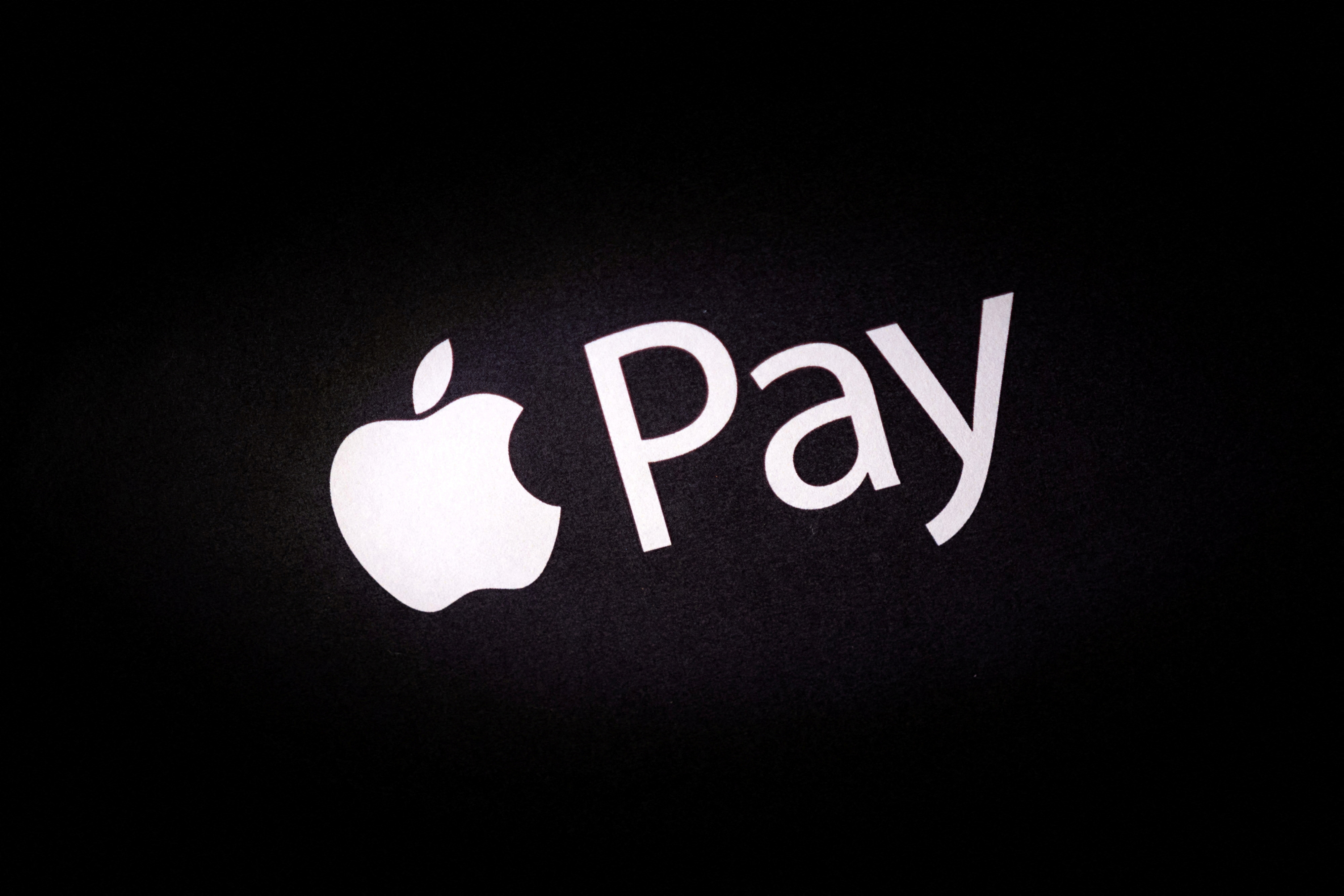|
Getting your Trinity Audio player ready...
|
In a significant legal development, Apple Inc. (AAPL.O) has been ordered by U.S. District Judge Jeffrey White to face a private antitrust lawsuit filed by payment card issuers. The plaintiffs allege that Apple engaged in anti-competitive practices that stifled competition in the market for its Apple Pay mobile wallet. The ruling allows the plaintiffs to proceed with their case, asserting that Apple violated federal antitrust laws.
The lawsuit centers on Apple’s alleged monopoly control, with Judge White stating that the plaintiffs have the opportunity to demonstrate that Apple maintained a 100% monopoly over the domestic market for tap-and-pay wallets used with iPhones, iPads, and Apple Watches.
While allowing the antitrust claim to proceed, Judge White dismissed a “tying” claim made by the plaintiffs. This claim contended that Apple compelled purchasers of iOS devices to either adopt Apple Pay or forgo the use of competing wallet services.
Apple, headquartered in Cupertino, California, has not yet issued an official response to the court’s ruling.
Steve Berman, an attorney representing the plaintiffs, expressed satisfaction with the judge’s decision, stating, “We are happy with this ruling. There are billions at stake, so getting by the motion (to dismiss) largely intact was huge for the class.”
The proposed class action lawsuit is led by Illinois’ Consumers Co-op Credit Union, Iowa’s Affinity Credit Union, and GreenState Credit Union. These financial institutions allege that Apple exerts undue pressure on users of its smartphones, tablets, and smartwatches to exclusively employ its wallet for tap-and-pay transactions. This stands in contrast to Android-based device manufacturers, which typically allow users to choose from various wallet options, such as Google Pay and Samsung Pay.
The plaintiffs argue that Apple’s practices result in over 4,000 banks and credit unions that use Apple Pay paying over $1 billion in excess fees. They contend that this situation is detrimental to consumers by reducing the incentive for Apple to enhance the security and usability of Apple Pay.
Judge White acknowledged the plausibility of the plaintiffs’ claims, stating that Apple should permit alternatives to Apple Pay, as increased competition could drive innovation and lower prices.
In its defense, Apple argued that it imposes only “nominal” fees, even on smaller card issuers. Additionally, Apple pointed out that consumers have various payment options, including cash, credit and debit cards, and alternative payment methods.
This legal battle follows European Union antitrust regulators’ accusations against Apple in May 2022, which alleged that the tech giant was abusing its dominant position in iOS devices and mobile wallets. These regulators are continuing their investigation into the matter.
The case is formally known as Affinity Credit Union et al. v. Apple Inc., and it is being heard in the U.S. District Court for the Northern District of California under case number No. 22-04174.
